
When dealing with serious debt problems, you may feel trapped, without an escape that allows you to rebuild your finances from scratch and regain your peace of mind. However, you should know that a legal alternative can help you eliminate most of your debts and get a fresh financial start – bankruptcy.
Many people believe that bankruptcy will only bring you more problems and won’t solve anything. However, filing for bankruptcy could be the key to your future financial success.
Each year, there are more than 700,000 bankruptcy filings in the United States. This is because many Americans are aware of the benefits that bankruptcy can bring to their financial situation. However, not everything is good. There are certain downsides to bankruptcy that you should also understand before you file.
Here, you’ll find out the positive and negative consequences of filing for Chapter 7 bankruptcy and how a bankruptcy lawyer, like KT-BankruptcyLawyer, could help you meet your financial goals.
What is chapter 7 bankruptcy?
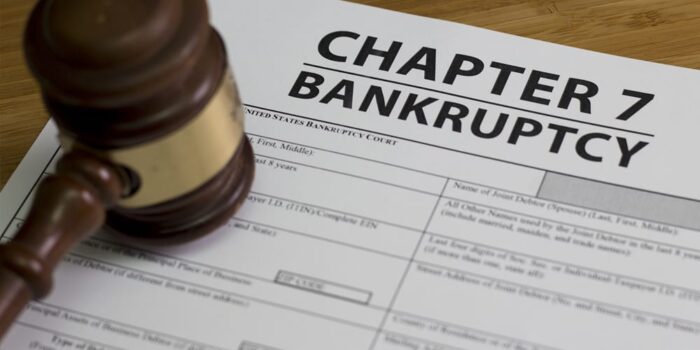
Bankruptcy offers different alternatives for various financial situations. One of the most important decisions during your bankruptcy filing will be which bankruptcy chapter you will file for. If you want to know which of these chapters would work best for you, you should consult with a local bankruptcy attorney.
The most common type of bankruptcy is Chapter 7. Also known as “straight bankruptcy” or “liquidation,” it will help you get rid of most of your debts in a short time.
However, if you wish to file for Chapter 7, you will have to qualify through a means test to review your finances. After passing this test, you may proceed with your filing with the help of your bankruptcy attorney.
You’ll get a debt discharge
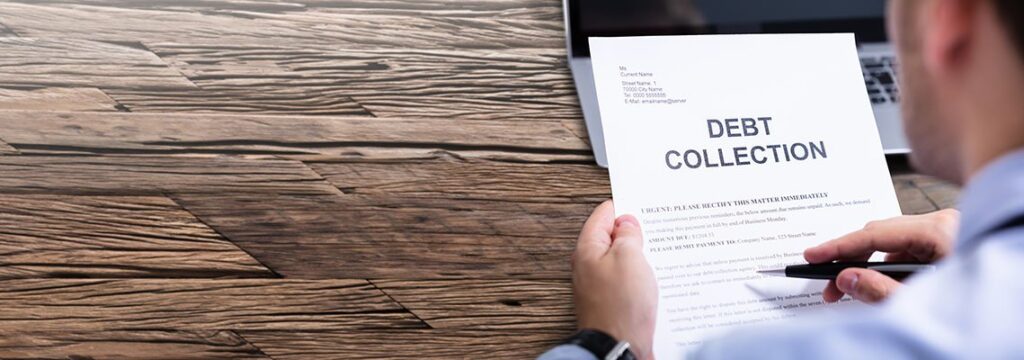
To start on a positive note, one of the important consequences of bankruptcy is that you will receive a discharge that will release you from most of your debts. A discharge occurs when the bankruptcy court issues a permanent order that prevents your creditors from recovering debts you have previously incurred. Among the most common debts discharged in Chapter 7 bankruptcy are medical bills, personal loans, and credit card debt.
In this type of bankruptcy, the court usually grants a discharge about four months from your filing. After this happens, you will have the opportunity to start rebuilding your finances from the ground up.
Not all debts will be eliminated

However, you should be aware that a debt discharge will not eliminate all of your debts. There are some “protected” or secured debts that cannot be erased through bankruptcy. These include recent tax liabilities, alimony, child support, student loans, court fees, among others.
If you want to create a payment plan that allows you to deal with your secured debts, you may want to consider Chapter 13 bankruptcy as your primary alternative. Talk to a bankruptcy attorney near you to find out what would be best for your financial situation.
Creditors will stay away
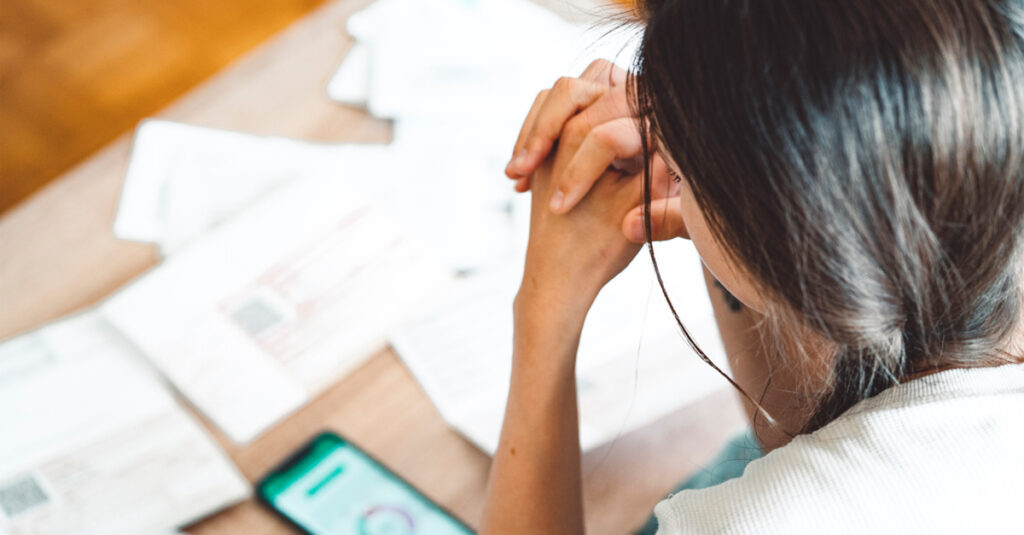
Another significant benefit of filing for Chapter 7 bankruptcy is the automatic stay. This is a provision of U.S. bankruptcy law that prevents creditors from collecting debts against bankruptcy filers.
In other words, once you file bankruptcy, you won’t have to worry about creditors knocking on your door or calling incessantly to make you pay what you owe.
However, you should know that the automatic stay isn’t permanent. Its duration will depend on your specific case and filing type, but it will be lifted eventually. What you should do is make the most of it.
Your credit score will be impacted
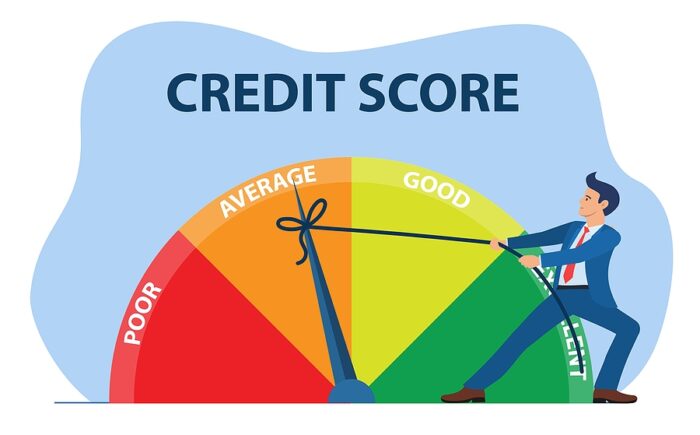
In many ways, filing for bankruptcy is a trade-off. You’ll be able to get rid of most of your debts, but you’ll be announcing to the world that you’re a credit risk. Your credit score will be severely affected by your filing, and it will undoubtedly be more difficult for you to get loans and credit cards.
Chapter 7 bankruptcy will stay on your credit report for about ten years. With that in mind, you should plan for a credit-free life.
However, you may also be able to qualify for loans and credit cards specifically designed for bankruptcy filers, with slightly higher interest rates than usual.
Getting a new mortgage might be complicated

After filing for bankruptcy, it will be extremely difficult for you to purchase or refinance a home. It is still possible, but there will be many restrictions.
FHA (Federal Housing Administrations) rules state that Chapter 7 bankruptcy filers will have to wait 12 months after filing to apply for a new mortgage, and they will have to show that they have made good credit decisions since then. If this is not the case, they will have to wait two years.
You might lose property
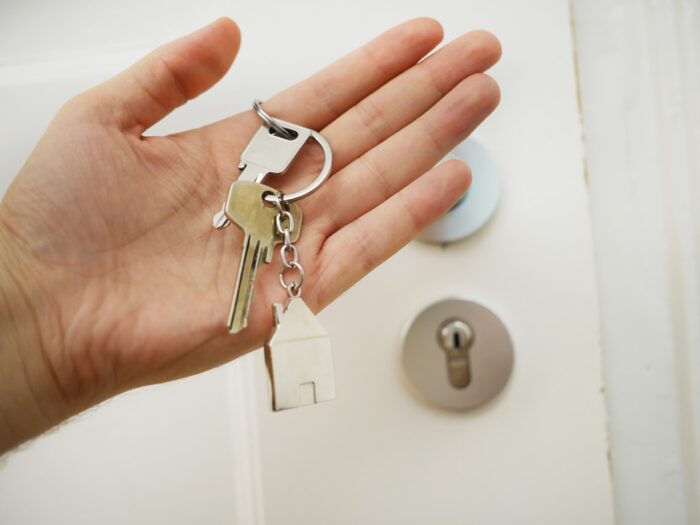
Chapter 7 bankruptcy is all about selling your non-exempt assets to get rid of most of your debts. After qualifying through the means test, you will have the opportunity to exempt some of your assets from the process. Exempt assets will not be affected by bankruptcy, and you won’t have to sell them.
Next, the bankruptcy court will assign you a bankruptcy trustee. The trustee will manage and sell your non-exempt assets and distribute the money among your creditors.
However, you may not have to sell anything to get rid of your debts. Most Chapter 7 bankruptcy filings are categorized as “no-asset cases.” This means that the filer does not own any non-exempt assets and will get a debt discharge without losing any of their property.
If you want to find out if your filing qualifies as a no-asset case, you should consult with a local bankruptcy attorney.
Your bankruptcy record will be public
Another negative consequence of bankruptcy is that your filing will be publicly accessible. Friends, family, potential employers, and anyone else will be able to access your records and find out how much money you owed to whom. If this is a concern for you, it may be a deal-breaker.
Now, there is some sensitive information that will be protected and not publicly accessible. For most people, the benefits of bankruptcy outweigh the privacy concerns.
















